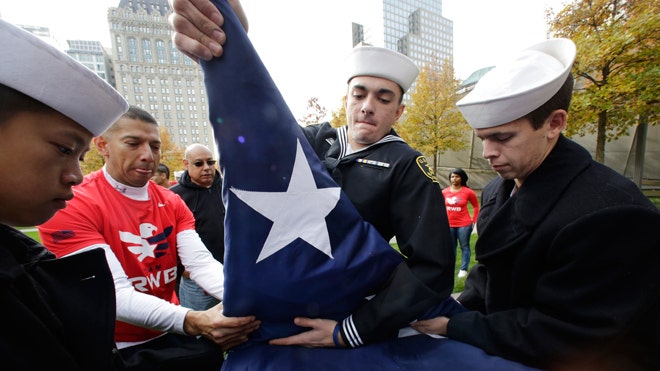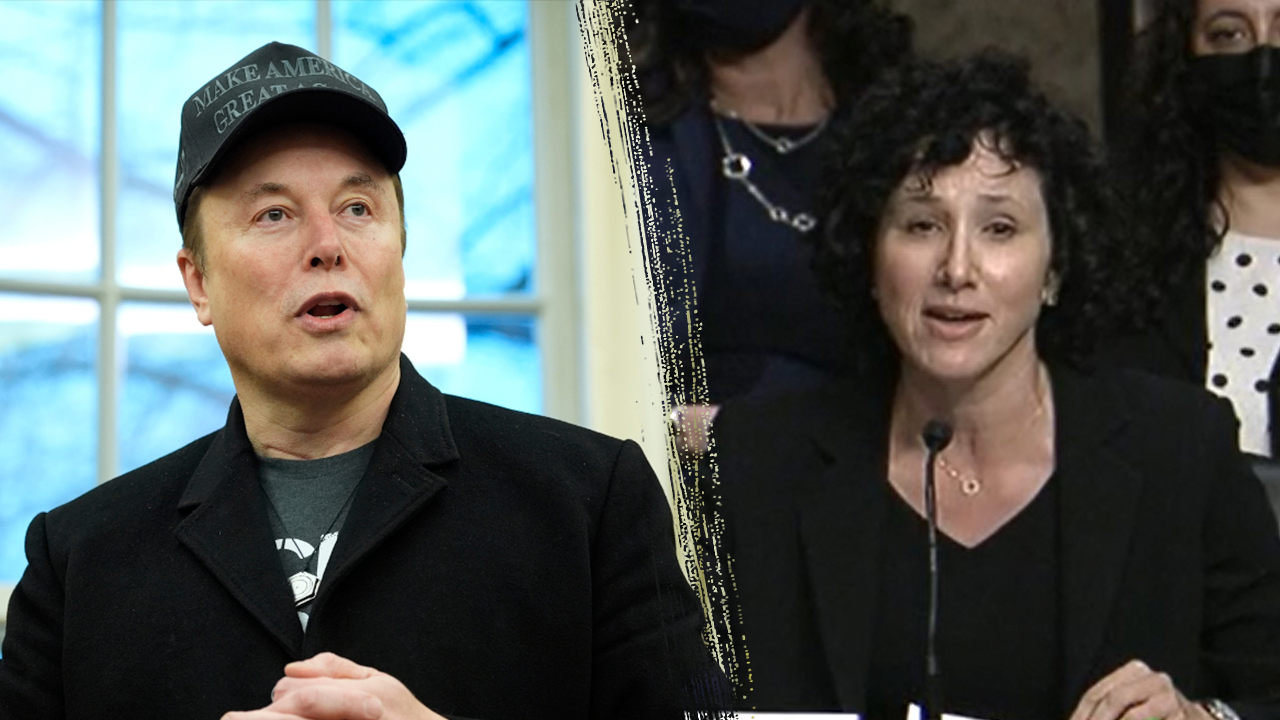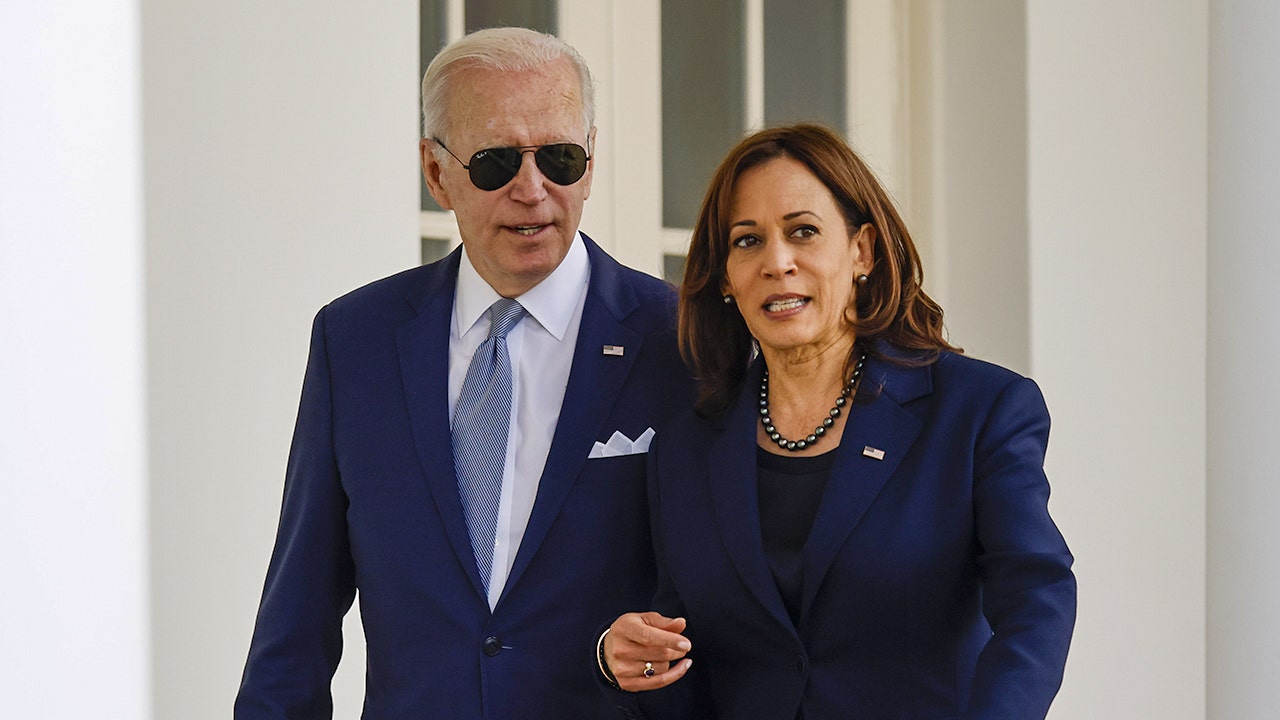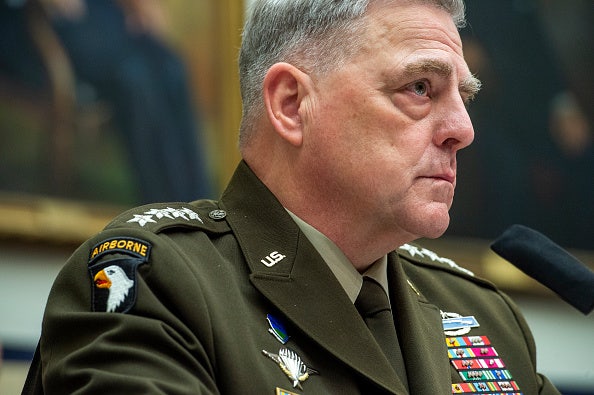I am proud to say I am a fourth-generation military man. During the course of my career in the Army Reserves, I served in arduous conflict zones in Afghanistan. While my experience in the military was extremely difficult, upon returning to civilian life I faced the new struggle of finding a job.
Civilian life is an independent one and making the transition can at times be brutal for soldiers who work as a unified team committed to the same goals. The transition often makes it difficult for those of us who are highly-trained, yet cannot translate our skills into the job market. For many, it leads to unemployment. I know the struggle of joblessness all too well.
After completing ten years of service, with a wife and a three-year-old son, I was looking for a new career. I was willing to work almost any job to support my family, and I did, from a mix of odd jobs to working on an oil rig.
[pullquote]
I did whatever it took to maintain an income for my family. But months went by without stability. Left with few viable options, I volunteered for a redeployment to Afghanistan. It was difficult to leave my family, but my hope was the job market back home would improve.
Unfortunately, upon my return, the employment situation was bleak. Once again I faced months of unemployment. There is a misconception that there are special jobs programs for veterans, but that’s rarely the case. In the military, soldiers are given tasks and training that help sharpen their skills and move up in rank. But at home, the most a veteran can expect are classes on resume writing, or links to websites for job searches. Vets deserve more.
But vets don’t want charity or handouts; we want opportunities to learn new skills and launch a career. Companies have within their power the ability to not only help veterans be their best, but to employ highly disciplined and achievement-oriented workers. A successful job program for vets borrows from three concepts that have made the U.S. military the strongest organization in history:
1. It’s mission-driven. A clear mission is the first step toward a successful veteran program in any organization. Veterans succeed when they know what milestones they need to hit in order to reach their goal. Mission, brotherhood and mentorship are the very things that many organizations and employers continue to lack. A mission provides purpose. Give vets an objective with a purpose, not just an isolated task, and they’ll overachieve and get it done before the deadline.
2. It’s all about the team. Managers should also know that when vets work together a natural relationship develops in the workplace. There is a bond of support among soldiers regardless of race, color, creed, gender, military branch or the era they served, because they never train or fight alone. Soldiers pull each other up and push each other forward.
3. It offers support from the top down. Veterans also need mentorship, which allows for constant evaluation and progression of talent, skill, and effort. Mentors – who understand the challenges of transitioning from military to civilian life — will yield success for veterans inside any organization. If you create a core of ten successful vets in a company, I can show you 100 soldiers following in their footsteps.
I am grateful to have found one of the few companies that has stepped up to the challenge and created a veterans program that will lead to success and, most importantly, a career. At Sharp Decisions, I work in a familiar environment where goals are clearly delineated, veterans work side-by-side in squads, and weaknesses are strengthened through additional training. This structure allows each group of vets to be successful with any client.
Our country asks so much of soldiers during their service and then leaves them in isolation when they return. We’re thanked on Veteran’s Day and the lost are mourned on Memorial Day. That’s two days of appreciation and 363 days of being forgotten.
I’d like to call on private companies to step-up and create programs that make it possible for veterans to excel in civilian careers. More Human Resources departments should explore successful veteran hiring models such as the one used by my company.
I’m glad that there is an ongoing conversation about how to fix the veteran unemployment issue that plagues this country, but we cannot just state that we want jobs for vets. Instead, let’s make it possible for veterans to have more than just a job because, like everything in the military, a J.O.B. is an acronym. It stands for “Just Over Broke.”






Leave a Reply